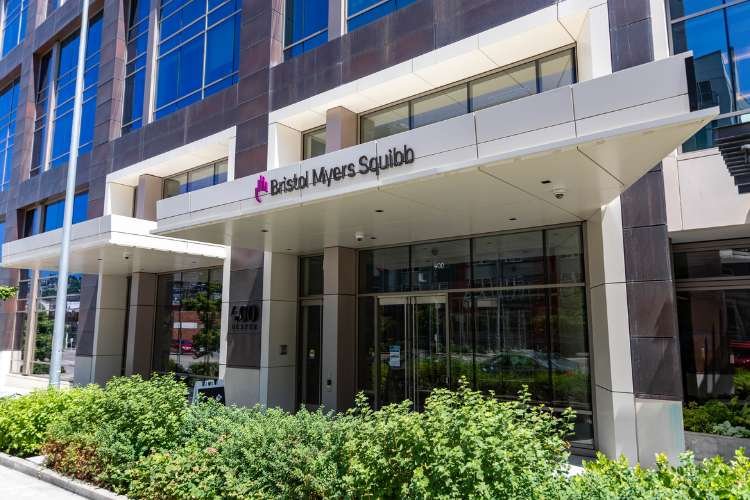Zenas BioPharma has made a strategic move by transferring regional rights for its bifunctional monoclonal antibody, obexelimab. Bristol Myers Squibb (BMS) is the key player on the other side of this significant deal, and they are investing $50 million upfront to secure specific Asian rights to this asset. Notably, Zenas initially acquired obexelimab from Xencor less than two years ago in exchange for a stake in their business.
Obexelimab is designed to target CD19 and FcγRIIb, with the aim of inhibiting B-cell function. This mechanism mirrors the action of antigen-antibody complexes and holds promise for treating autoimmune diseases. However, the journey of obexelimab has had its share of challenges. Xencor had prioritized the candidate until a setback in a lupus trial in 2018 led them to halt their phase 3 trial plans for another indication and seek a partner. Zenas stepped in more than three years after the lupus setback, acquiring the asset in exchange for equity and potential milestone payments.
Since obtaining obexelimab, Zenas, founded by Lonnie Moulder, a co-founder of Tesaro, has made notable progress. They have published phase 2 data on the antibody’s effectiveness in IgG4-related disease and have initiated a late-stage clinical trial for the same condition. These advancements caught the attention of Bristol Myers Squibb.
BMS, a major pharmaceutical player, has sealed a deal with Zenas, involving an upfront cash payment of $50 million. In exchange, BMS gains exclusive rights to develop and commercialize obexelimab for autoimmune diseases in several key Asian markets, including Japan, South Korea, Taiwan, Singapore, Hong Kong, and Australia. Additionally, BMS is making an equity investment in Zenas and has committed to future milestone payments and royalties. The exact size of the investment and potential milestone payments remains undisclosed.
This transaction represents a swift and lucrative return for Zenas, especially considering their earlier agreement with Xencor. Zenas initially secured global rights to obexelimab from Xencor, exchanging them for a warrant to purchase additional equity with a fair value of $14.9 million. Additionally, Zenas had committed to potential milestone payments of up to $470 million to secure the original deal with Xencor. Now, within a span of less than two years, Zenas has not only received $50 million and an equity investment but also retained rights to obexelimab in select markets.
Zenas’ successful revitalization of obexelimab, a candidate that had stagnated during Xencor’s ownership, played a pivotal role in this deal. Building on mid-phase studies conducted by Xencor in 2016 and 2017, Zenas propelled obexelimab into a phase 3 trial for IgG4-related disease last year. Additionally, they initiated a phase 2/3 study for warm autoimmune hemolytic anemia earlier this year.
BMS’s involvement in IgG4-related disease is noteworthy. The pharmaceutical giant had previously collaborated with Massachusetts General Hospital to investigate abatacept (marketed as Orencia) in this indication. Currently, BMS is partnering with the National Institute of Allergy and Infectious Diseases to evaluate elotuzumab (marketed as Empliciti) for this condition. It’s worth noting that there are currently no approved drugs for use in this indication.
This strategic maneuver by Zenas not only highlights their ability to reinvigorate a stalled asset but also underscores BMS’s commitment to exploring potential treatments for challenging autoimmune diseases. As both companies continue their journey with obexelimab, the future holds promising possibilities for patients seeking relief from autoimmune conditions.





























